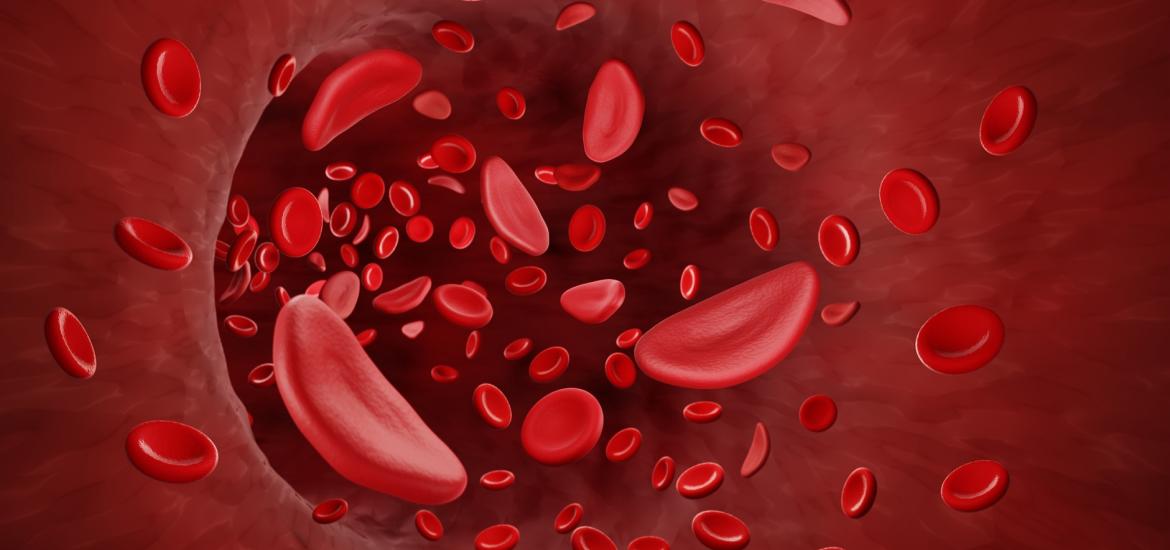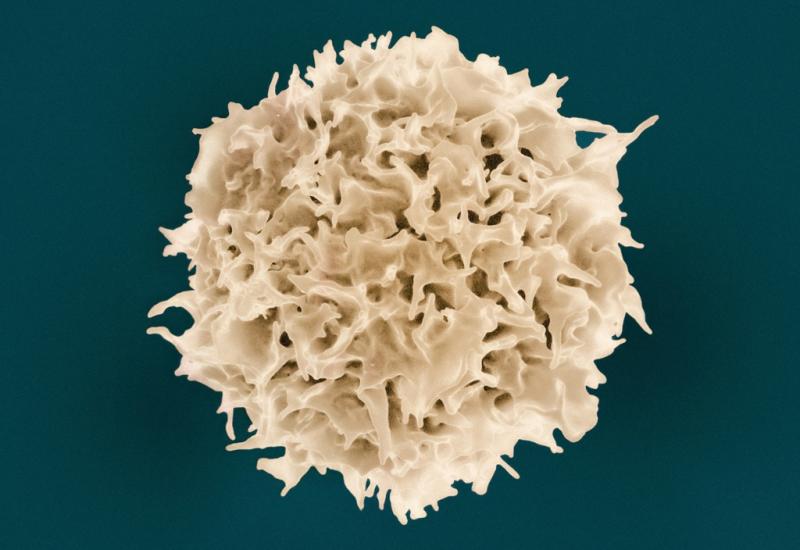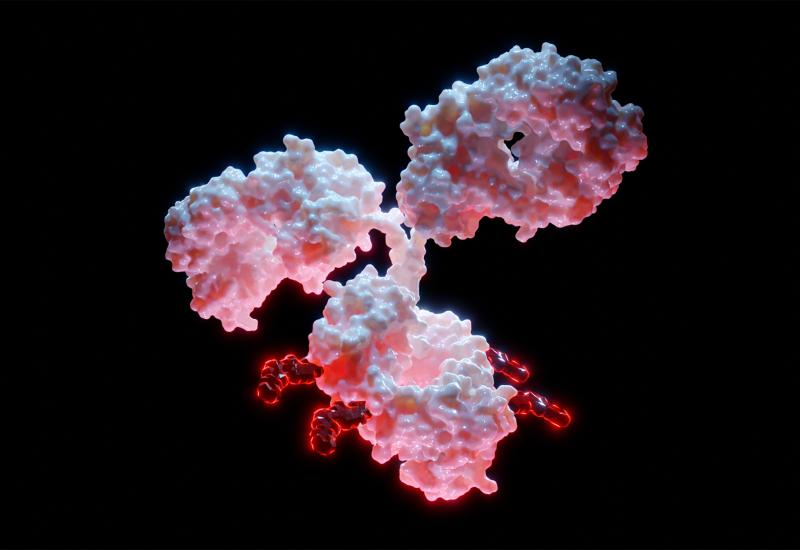
Pfizer’s Global Blood buy fails to Thrive
Inclacumab fails, and osivelotor is on hold.
Inclacumab fails, and osivelotor is on hold.

Pfizer’s $5.4bn acquisition of Global Blood has gone from bad to worse: nearly a year after the group withdrew the marketed drug Oxbryta, its second sickle cell disease hopeful, inclacumab, has fallen short in phase 3.
It’s also emerged that a phase 2/3 trial of another Global Blood-originated sickle cell project, osivelotor, went on FDA clinical hold last December. Pfizer originally disclosed this in February in its 2024 annual report, but the fact wasn’t widely appreciated.
Pfizer bought Global Blood in 2022 primarily for Oxbryta, which already had FDA accelerated approval, but the deal also included inclacumab and osivelotor (PF-07940367, previously known as GBT601). At the time, the big pharma estimated that the portfolio could bring in peak sales of over $3bn.
Oxbryta woes
But sales were already underwhelming when Pfizer pulled Oxbryta last September, citing an increase in vaso-occlusive crises and fatal events. The company appears still to have hope for the drug, saying on Friday that it had completed a “data assessment” and shared this with regulators, although it didn’t disclose any plans for refiling.
Inclacumab’s prospects, meanwhile, look even dimmer: Pfizer reported that the phase 3 Thrive-131 study had failed to meet its primary endpoint, reduction in the rate of vaso-occlusive crises with inclacumab versus placebo.
The company previously discontinued another pivotal inclacumab study, Thrive-132, after seeing poor recruitment. Pfizer promised full results from Thrive-131 “in due course”, but with a spokesperson confirming that the open-label extension trial Thrive-133 was also now terminated, inclacumab looks destined for the scrapheap.
Osivelotor hold
Pfizer’s final sickle cell hopeful is osivelotor, which shares the same mechanism of action as Oxbryta, but is designed to be more potent.
The issues with Oxbryta have therefore led to questions about osivelotor’s toxicity, which are apparently shared by the FDA. According to Pfizer, the agency noted that "it is not yet understood whether the underlying cause of the increased VOCs and fatalities seen with Oxbryta would also apply to osivelotor". Communication with the FDA is ongoing, the spokesperson added.
No new patients can be enrolled in the phase 2/3 trial, but subjects already enrolled can continue receiving osivelotor. In June primary completion was pushed back from October 2028 to December 2030.
Pfizer’s sickle cell pipeline
| Project | Mechanism | Status |
|---|---|---|
| Osivelotor (PF-07940367/ GBT601) | Haemoglobin S polymerisation inhibitor | Ph2/3 on partial clinical hold; primary completion Dec 2030 (from Oct 2028) |
| Inclacumab | Anti-P-selectin MAb | Ph3 Thrive-131 failed Aug 2025; Thrive-132 terminated Mar 2024 owing to recruitment problems |
| Oxbryta (voxelotor) | Haemoglobin S polymerisation inhibitor | Withdrawn, trials discontinued Sep 2024 following data suggested imbalance in vaso-occlusive crises and fatal events |
Source: OncologyPipeline & clinicaltrials.gov.
2919













